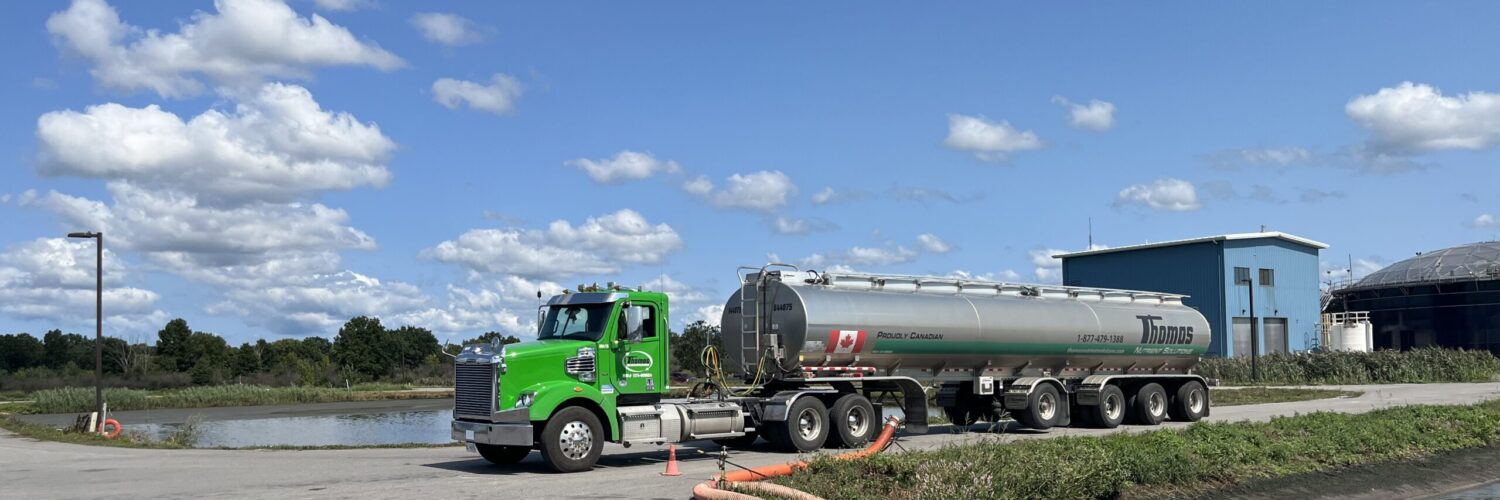Biosolids, a sewage treatment by-product, have long been used as fertilizer for agricultural lands because of its rich nutrient content. However, with the increasing waste that comes with a growing population, alternative uses for biosolids have been explored by the city of Vancouver.
In 2015, the region’s five wastewater treatment plants produced 51,967 tonnes of biosolids that were processed from about 415 billion litres of wastewater. Metro Vancouver has been exploring new uses for biosolids processing them for other applications.
According to Laurie Ford, manager of Metro’s biosolids management program, “(Biosolids) can be used as a tool in order to provide nutrients and organic matter to the land.” They have mixed biosolids with sawdust and sand to produce Nutrifor, which is used as a fertilizer for regional facilities and parks, rangeland, hayfields, forests and tree farms; a landscaping topsoil; a soil that is placed on landfills to absorb methane; and to rebuild soil at mine sites and gravel pits.
Ford has also stated that because of the population growth, wastewater treatment plants needed to be upgraded or replaced, and that Metro Vancouver must diversify its biosolids usage beyond fertilizer. They then conducted a feasibility study for dried biosolids. Since the biosolids currently produced by the region’s treatment plants are dewatered, or damp, an idea that is being considered is to dry the biosolids using excess heat produced during the treatment process and then use them in a variety of ways such as fuel. The study aimed to identify barriers and opportunities to facilitate the development of novel uses for biosolids that are dried. “The study is to really identify what are possible uses within this area,” said Ford.
Metro Vancouver also developed a pilot hydrothermal processing facility, which converted sewage into biocrude instead of biosolids. This biocrude can then be sold to an oil refinery.
John Werring, senior science and policy advisor with the David Suzuki Foundation, said if Metro’s efforts lead to alternative uses for biosolids, it’s a move in the right direction. “We should give kudos at least to Metro Vancouver for taking that step. The question is just how soon will this result in change,” he said.
The provincial government of British Columbia developed new requirements for the management and use of biosolids and organic matter recycling based on a scientific review of biosolids conducted in 2015. Their review consisted of studying scientific and academic literature on biosolids land applications and the process of taking soil samples.
Metro Vancouver have taken the necessary steps to address the growing volume of waste brought about by an increasing population. From enhancing their treatment plants, to repurposing biosolids into more than just fertilizer. Legislation from the provincial government have also ensured that there is proper processing of sewage waste and the biosolids are given new and unique uses. If this pans out this will find a much wider acceptance throughout Canada and perhaps even worldwide. All that it takes are dedicated, creative minds to begin thinking of new ways to use biosolids to benefit more than just farmers.
If you are a municipality in Ontario and in need of a biosolids management solution, please feel free to contact us at 1 (877) 479-1388.
Sources:
http://www.metrovancouver.org
https://www.ccme.ca

